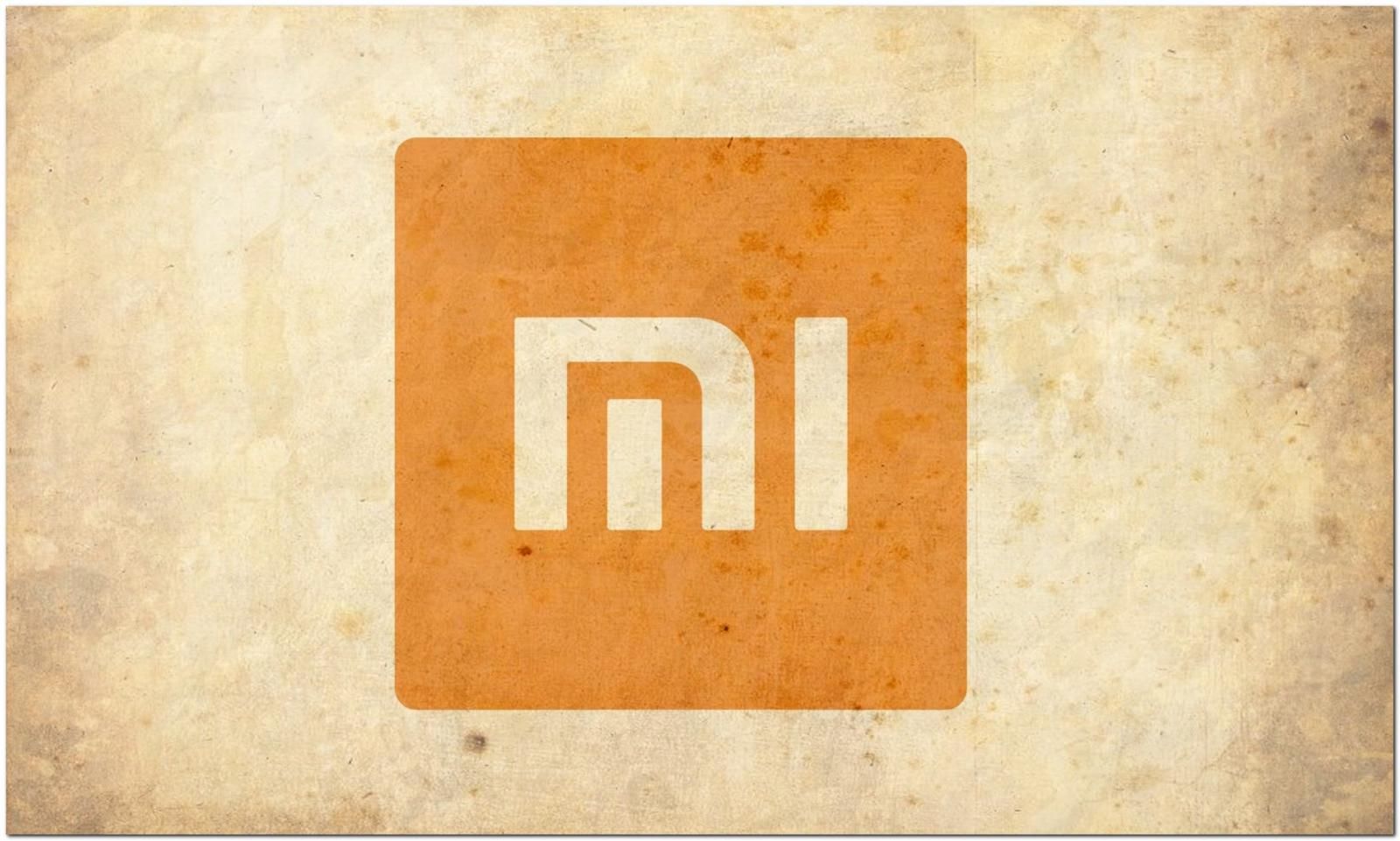The United States government has put Chinese consumer electronics giant Xiaomi on a military blacklist which seeks to ban American investment in the company. The move, which was first reported by Reuters, will force American companies/individuals to divest their holdings in Xiaomi and other companies on the blacklist by November 11, 2021. To make it clear, this military blacklist is different from the US Commerce Department’s “Entity List” that bans any trade with companies that pose a threat to national security.
The US Department of Defense has today released an updated list of “Communist Chinese military companies”, which also has the likes of HUAWEI and semiconductor giant SMIC on it. With Xiaomi’s addition to the list, US shareholders might be forced to divest in the company by November 2021 in accordance with an executive order signed by outgoing US President Donald Trump a couple of months ago. The order might get reversed when President-Elect Joe Biden takes the commands in his hands later this month, but that’s just speculation.
“The Department is determined to highlight and counter the People’s Republic of China’s (PRC) Military-Civil Fusion development strategy, which supports the modernization goals of the People’s Liberation Army (PLA) by ensuring its access to advanced technologies and expertise acquired and developed by even those PRC companies, universities, and research programs that appear to be civilian entities,” says the US Department of Defense in its statement regarding the addition of Xiaomi to the military blacklist.
The Xiaomi blacklisting has been executed in accordance with Section 1237 of the National Defense Authorization Act. The executive order mentioned above covers China’s alleged national strategy of Military-Civil Fusion as part of which the Chinese government forces civil companies to support its military and intelligence endeavors while allowing them to operate as private companies. It also notes that China exploits US investors by allowing these companies to source investment from American companies and individual shareholders.

